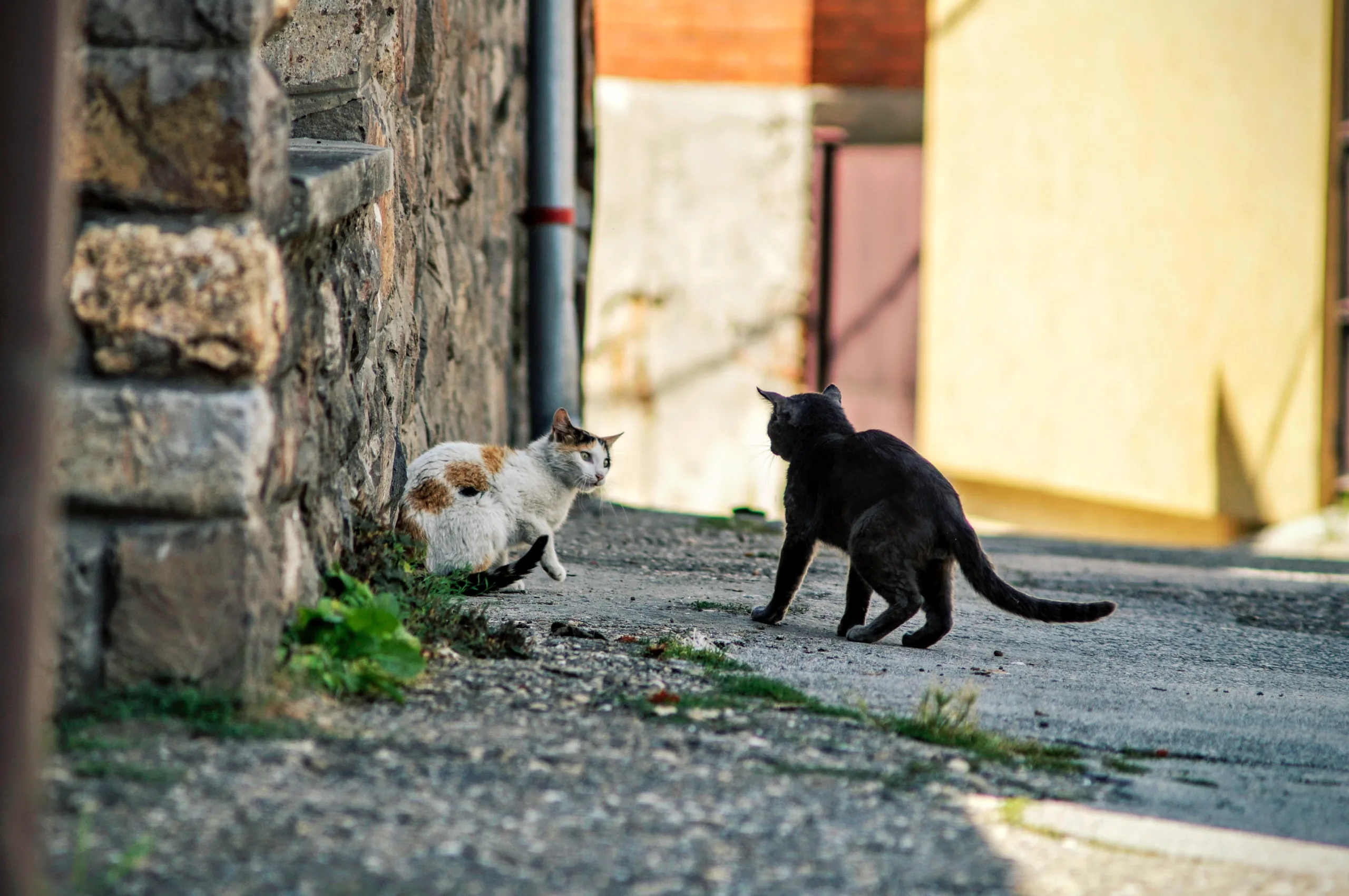Introduction:
The behavior of female cats after mating can be puzzling for cat owners. While some female cats may display calm and affectionate behavior after mating, others may exhibit aggression towards male cats or even humans. Understanding why female cats display aggression after mating is essential for providing them with the care and support they need during this period. In this article, we will explore the reasons behind female cat aggression after mating, the behavior they may exhibit, and potential solutions to handle this situation with care and compassion.
For more about cats click here
Do Female Cats Become Aggressive After Mating:
Yes, it is not uncommon for female cats to become aggressive after mating. This behavior is believed to be influenced by hormonal changes that occur during the mating process. The sudden surge of hormones can lead to shifts in mood and temperament, causing some female cats to display aggressive behavior towards male cats or other animals in their vicinity.
Why is My Female Cat Suddenly Attacking My Male Cat:
Female cats may attack male cats after mating as a way to establish dominance or to protect their territory. The act of aggression is often a natural response to hormonal changes and the need to assert control over their environment.
Is Mating Painful for Female Cats:
Mating itself is not painful for female cats. However, the mating process can be uncomfortable due to male cats’ barbed penises, which can cause discomfort during copulation. After mating, some female cats may experience soreness or tenderness in their reproductive organs, which could potentially contribute to changes in behavior.
What is the Behavior of a Female Cat After Mating:
The behavior of a female cat after mating can vary from cat to cat. Some female cats may become more affectionate and seek attention from their owners, while others may become more withdrawn and prefer solitude. Additionally, female cats may display signs of nesting behavior as they prepare for potential pregnancy.
How Many Times Will a Female Cat Mate:
Female cats are polyestrous, which means they can go into heat multiple times during their breeding season. If a female cat does not become pregnant after mating, she may go into heat again every few weeks until she becomes pregnant or the breeding season ends.
Why Do Female Cats Flop Around After Mating:
After mating, some female cats may display a behavior known as “lordosis,” where they arch their back and flop down on their belly. This behavior is a response to the male cat’s mounting pressure and is believed to facilitate successful copulation.
FAQs:
1. Do female cats become aggressive after mating?
Yes, some female cats may display aggression towards male cats or other animals after mating due to hormonal changes.
2. Why is my female cat suddenly attacking my male cat?
Female cats may attack male cats after mating to assert dominance or protect their territory.
3. Is mating painful for female cats?
Mating itself is not painful for female cats, but it can be uncomfortable due to male cats’ barbed penises.
4. What is the behavior of a female cat after mating?
The behavior of a female cat after mating can vary, with some cats becoming more affectionate and others displaying nesting behavior.
5. How many times will a female cat mate?
Female cats are polyestrous and can go into heat multiple times during their breeding season until they become pregnant.
6. Why do female cats flop around after mating?
“Flopping” behavior, known as “lordosis,” helps facilitate successful copulation by accommodating the male cat’s mounting pressure.
In conclusion, female cat aggression after mating is a common behavior influenced by hormonal changes. Understanding and respecting a female cat’s needs during this time are crucial for providing a supportive and stress-free environment. As with any significant behavioral changes in pets, it is advisable to consult with a veterinarian to rule out any potential medical issues and to receive guidance on how to manage and address the aggression appropriately. Providing patience, love, and care during this period can help female cats navigate through hormonal changes and ensure their well-being and happiness.
Click here for more
